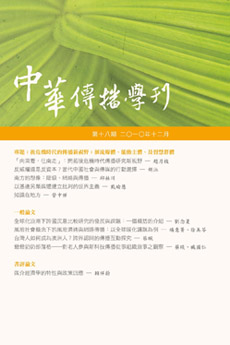 閱覽人數: 34
閱覽人數: 34
December
2010
No. 18
後危機時代的傳播新視野:滙流媒體、能動主體、及智慧群體
New Perspectives in Communication Research in the Post-Crisis Era頁數:31 - 49
作者(中)
胡泳
作者(英)
Yong Hu
關鍵詞(中)
中國傳媒、全球化、南方理論、國家構建
關鍵詞(英)
Chinese media, globalization, Southern theory, nation-building
中文摘要
對於當代中國的社會情狀及傳媒概貌,持有不同認知的學者,關懷之心同一,對現實的分析卻不同,看到了其中的病狀,但提出的解決之道迥異。對於西方知識體系和歐美為中心的傳播議題的批判以及對「南方理論」的建構十分必要,但也必須清醒地意識到,上述批判也存在侷限。本文主張的路徑是,將關注重點轉移到中國社會的內部發展進程中,而不是把全球化視作中國發展的主要機制。這基於一個對大陸社會、文化、經濟、政治的基本判斷,到底是全球化資本主義的威脅切近,還是專制主義在造成日常的、當下的傷害?面對中國傳媒活生生的現實命運,我們首先要反抗的,不是「美國媒體制度和自由主義媒體理念的全球霸權」,而毋寧是剝奪全民基本自由(包括言論、集會與結社的自由)的威權政治。
英文摘要
Chinese scholars differ greatly in evaluating the current social situation as well as the overall media picture, specifying different symptoms and giving polarized diagnosis. The Southern theory presents the case for a radical criticism of the Western knowledge production but it is not without limitations of its own. This paper proposes an approach that shifts the emphasis to internal development processes within the social world rather than seeing globalization as the primary mechanism. The author argues that civic resistance should be targeted more to the authoritarian regime which deprives the citizens of their basic freedoms rather than to “American media system and the global hegemony of liberal media principles.”